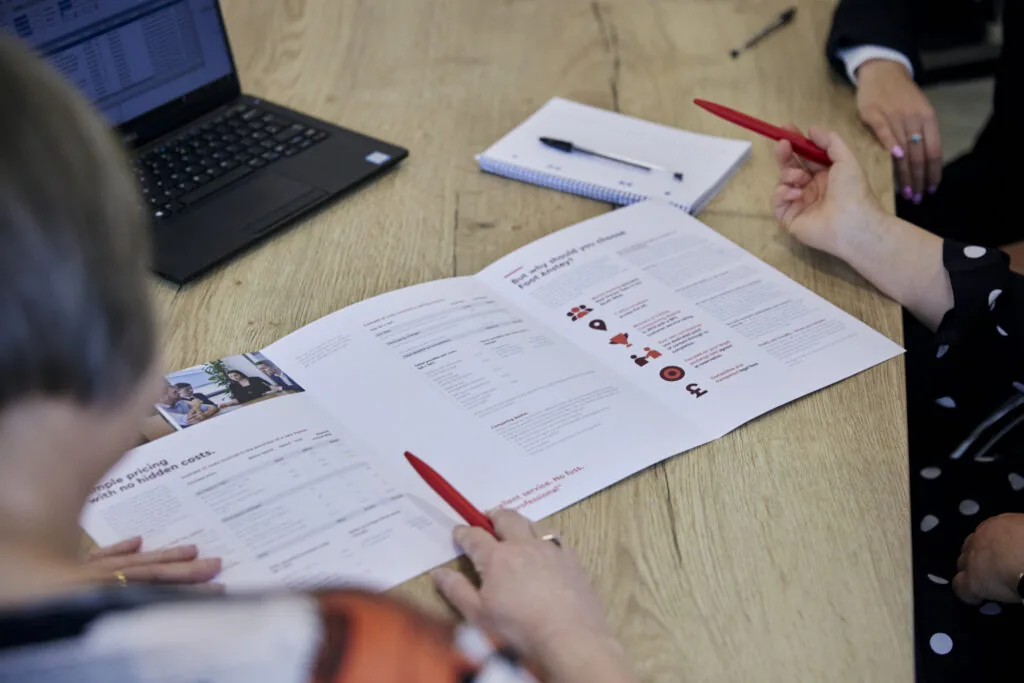
Avoiding the pitfalls: tax advice for repatriation to the UK


Many expats are considering moving back to the UK either for retirement or work. The article below, which was originally published in Dubai \ UK based IFA GSB Capital's newsletter, highlights some of the tax pitfalls to watch out for, where a bit of advance planning can avoid significant unnecessary expense.
Timing of UK Residence
As UK tax residence is the key factor for liability to UK tax, the timing of becoming UK tax resident is critical. The UK Tax Year runs from 6th April to 5th April and the starting point is that an individual is UK tax resident for the whole Tax year, even if they don't actually arrive in the UK until part way through – ' split year' can apply , but it is quite limited in its scope.
One particular trap for those returning to the UK is that they may end up with an 'only home' in the UK if perhaps one party to a marriage is staying on in UAE for work but the other has already set up home in UK. This can make both individuals UK tax resident which can have disastrous tax consequences – it might mean for example that any 'End of Service Gratuity' payable on termination of UAE employment becomes wholly taxable in the UK. Furthermore, if you have only been abroad for less than 5 UK Tax Years, you may have tax when you return on income and capital gains you made while away.
Rebasing Assets \ Reviewing Structures
There is no automatic rebasing of assets for tax purposes when you become UK resident. If you have any asset, eg a London property, which you have held for many years, you could avoid some or all the tax on any gain by selling it before becoming UK tax resident. The same goes for investments – make sure you review these in plenty of time before you leave so that they can be sold and any gains realised tax free.
If you have any offshore companies or trusts created while you have been resident abroad review these, preferably in the Calendar year before you plan to return to UK – becoming UK tax resident with an offshore structure in tow can give you a worse tax outcome than directly held investments. If you will continue to have business interests in UAE after you return to UK, consider corporate governance to ensure that the whole business does not become UK tax resident when you do.
Planning for Tax Efficiency after you return to UK
There are still ways that you can invest tax efficiently after you return to the UK, provided you have rebased your assets beforehand. Consider with a UK qualified financial adviser various options including appropriately priced offshore insurance bonds, ISAs and pension planning.
Moving back to the UK may also be the time to consider UK Inheritance Tax planning (the rate of UK IHT is 40%). This can be mitigated by making gifts, using trusts or a 'Family Investment Company', which can be a very flexible estate and tax planning tool for medium to high net worth clients.
Think about whether your Wills are up to date and whether you still have assets in UAE, or elsewhere outside the UK, which need to be covered by an estate plan.
The timing of buying UK real estate can be very important. New purchasers may face an additional 5% Stamp Duty from 1 April 2021 onwards because of new rules – this can be mitigated or reclaimed in certain circumstances, but strict timescales apply.
To find out more please get in touch with Michael or Jos on the details below.















